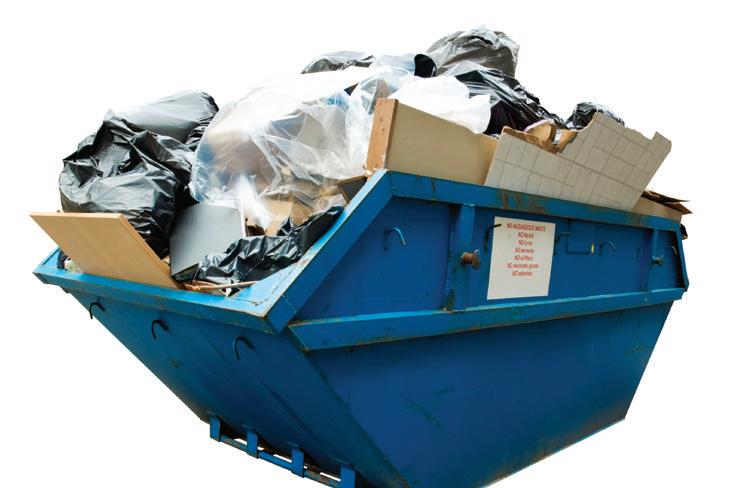45
Economy and finance In this unit we focus particularly on collocations (words that are often used together).
A
International aid and development European countries have, in recent years, turned their attention to supporting real and sustainable development1 in Africa. There are many encouraging signs that such projects have taken root2. In the five years up to 2015, a score of African countries achieved economic growth of more than 4% per year. Foreign direct investment also rose. Africa’s share in world trade now shows real signs of recovering from a long decline. From Ghana in the west to Ethiopia in the east and Mozambique in the south, Africa’s economies have consistently grown more rapidly than those of almost any other region of the world. A dozen countries’ economies have expanded by more than 6% a year over a period of six or more years. But many millions of people in Africa still live in deep poverty3 and more determined efforts are needed to tackle the problem. The European Union is committed to supporting and allocating4 funds and development grants5 to those African governments which are pursuing6 policies to reduce and eradicate7 poverty and improve access to healthcare, education and clean water supplies. 1 development which can continue over a long time 2 started to be accepted 3 abject poverty is also a collocation 4 giving to be used for a particular purpose 5 money to help development 6 following policies is also a collocation 7 completely get rid of something bad
B
Collocations related to the noun debt Countries often find it impossible to repay debt; the debt burden is too great. Easing the debt burden or cancelling debt helps debtor countries/nations free themselves from the problem of incurring more and more debt. Alleviating debt / Debt relief for poor countries should be a priority.
C
Trade and cooperation
repay relief alleviate
DEBT
burden ease cancel
incur
Free trade agreements often cause disputes between countries, especially when one country thinks the other is engaged in restrictive practices1. Occasionally, trade wars erupt, and sanctions2 or embargoes3 are imposed on countries that may not be lifted for long periods. On the other hand, countries closely related economically and enjoying good relations have the possibility of entering into monetary union and having a single currency. 1 3
D
the placing of unfair restrictions, e.g. limiting imports 2 restrictions on what a country may import/export total prohibitions on importing/exporting certain goods
Economic difficulties If an economy is badly affected by war, we may refer Common mistakes to it as a war-torn economy. Economies in a bad state are often referred to as ailing economies. The verb meaning to reduce the value of Devaluation/Revaluation of the currency may be a currency is to devalue (NOT devaluate). necessary. [reduction/increase in value against other currencies] Economies may go into recession and not come out of / emerge from recession for several years. Indeed, countries may even suffer a double-dip1 recession. A country may suffer from a slump in prices2 for its goods. Lower taxes may be introduced to boost the economy3 when it is in recession. 1
recession which ends and then begins again after a short time 2 serious fall/collapse in prices give the economy a lift
3
96
English Vocabulary in Use Advanced



















































